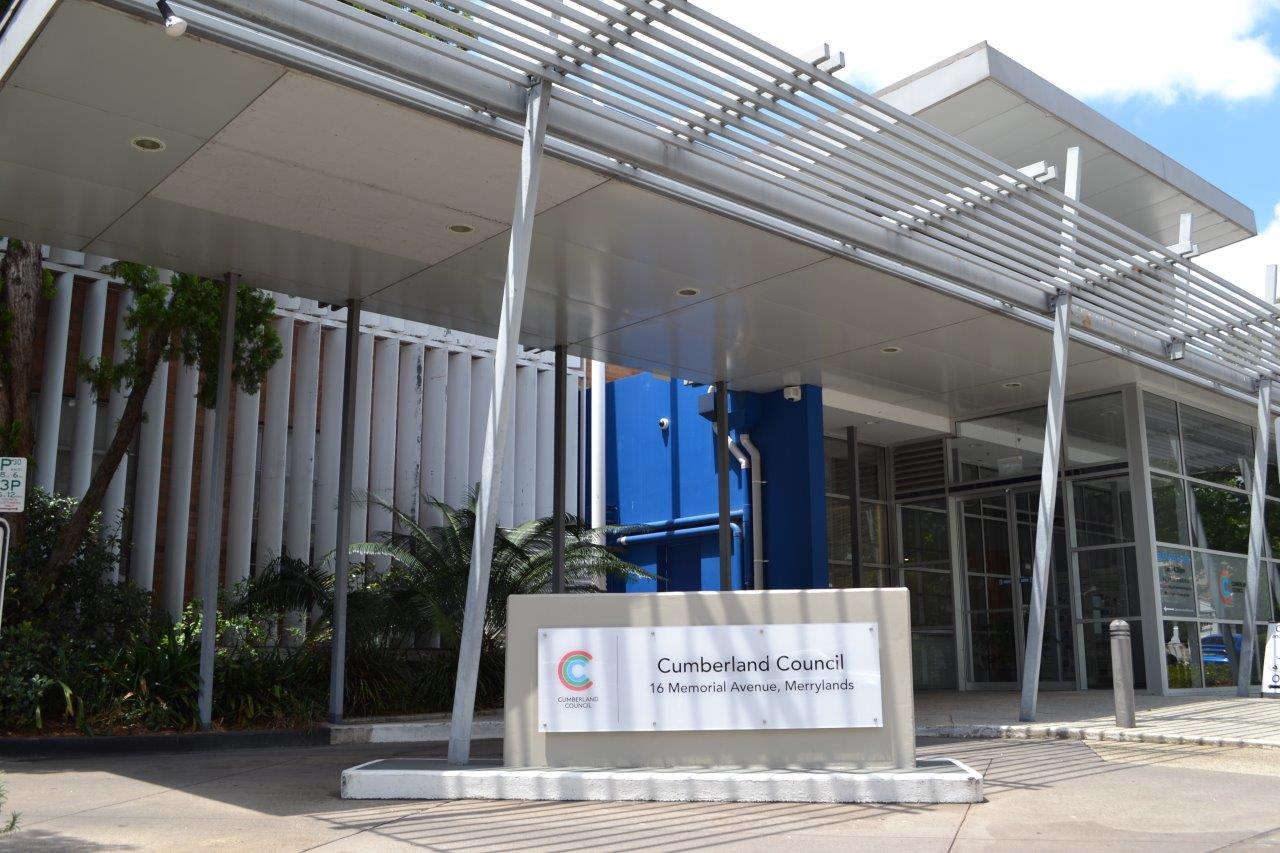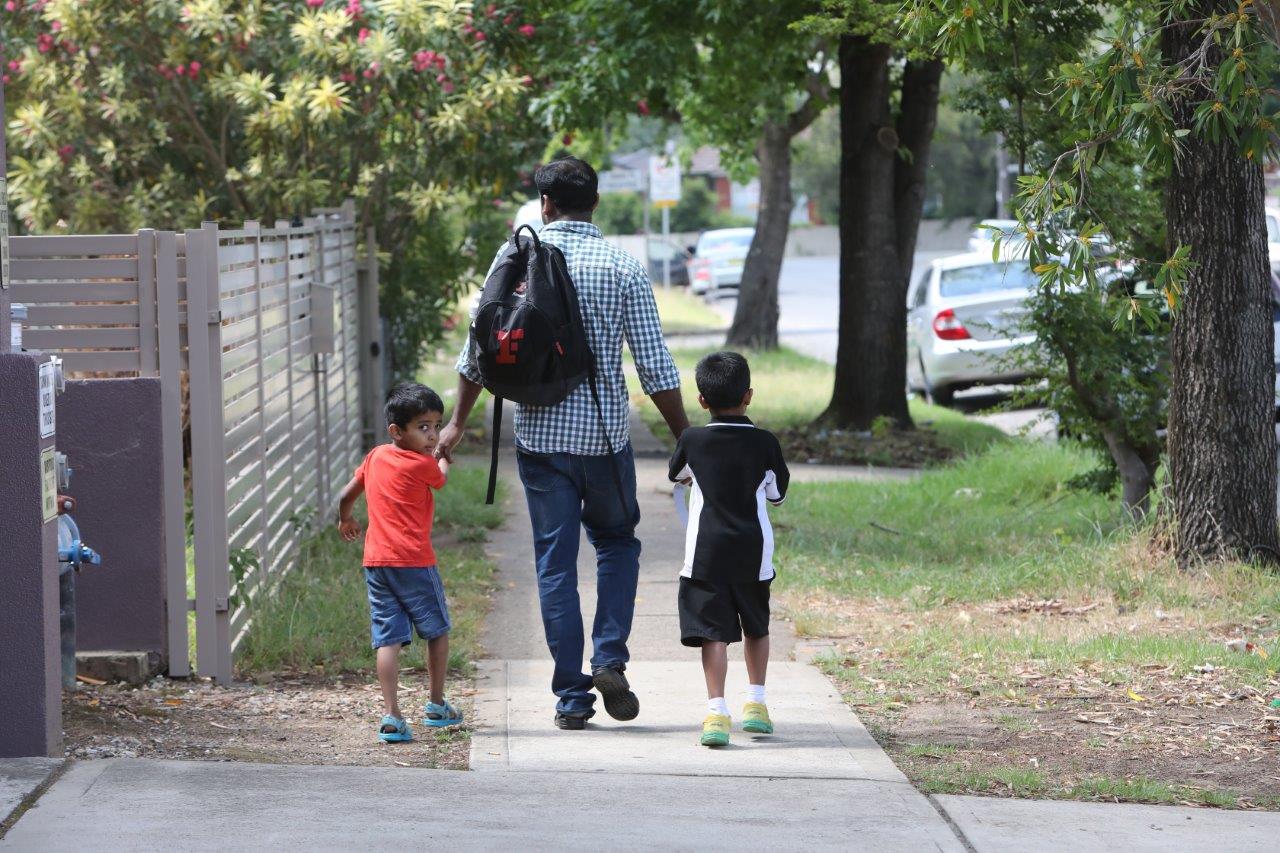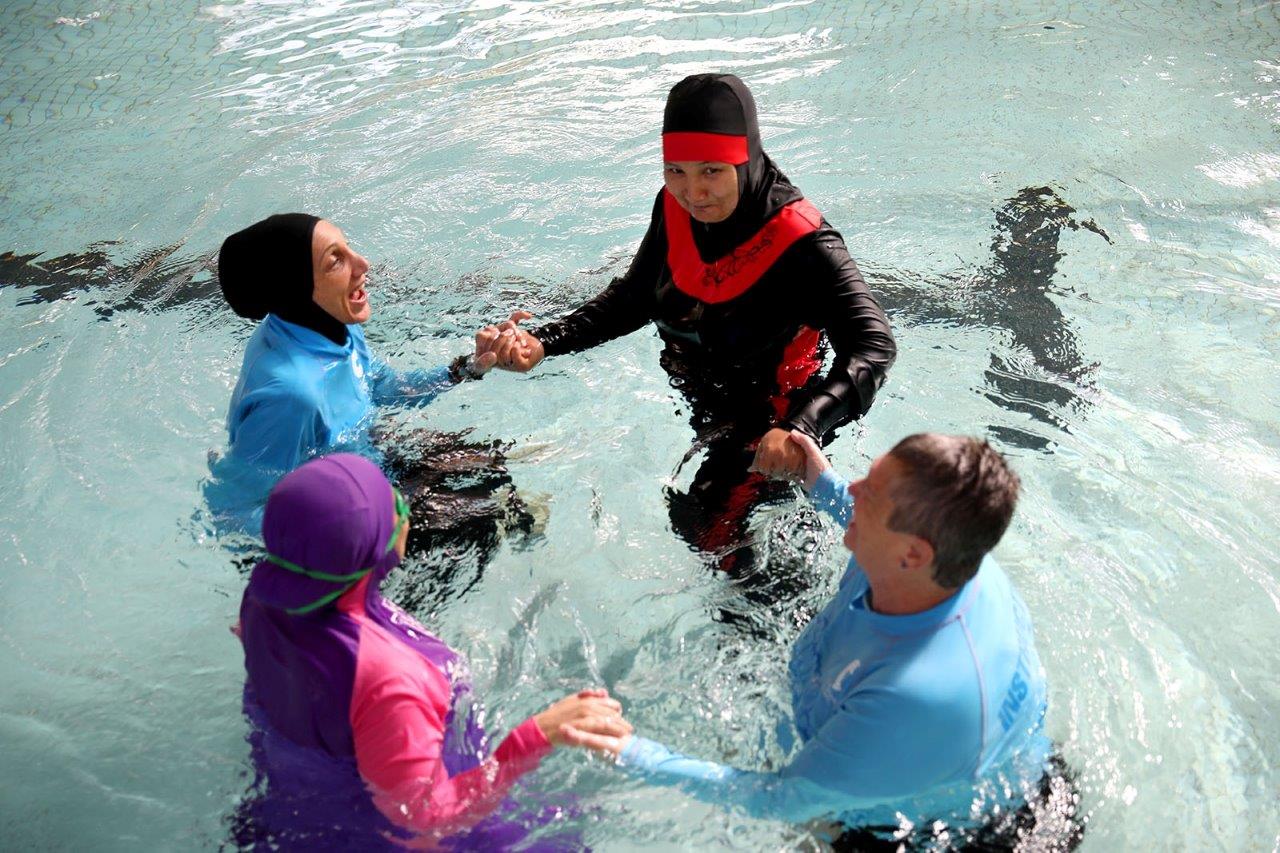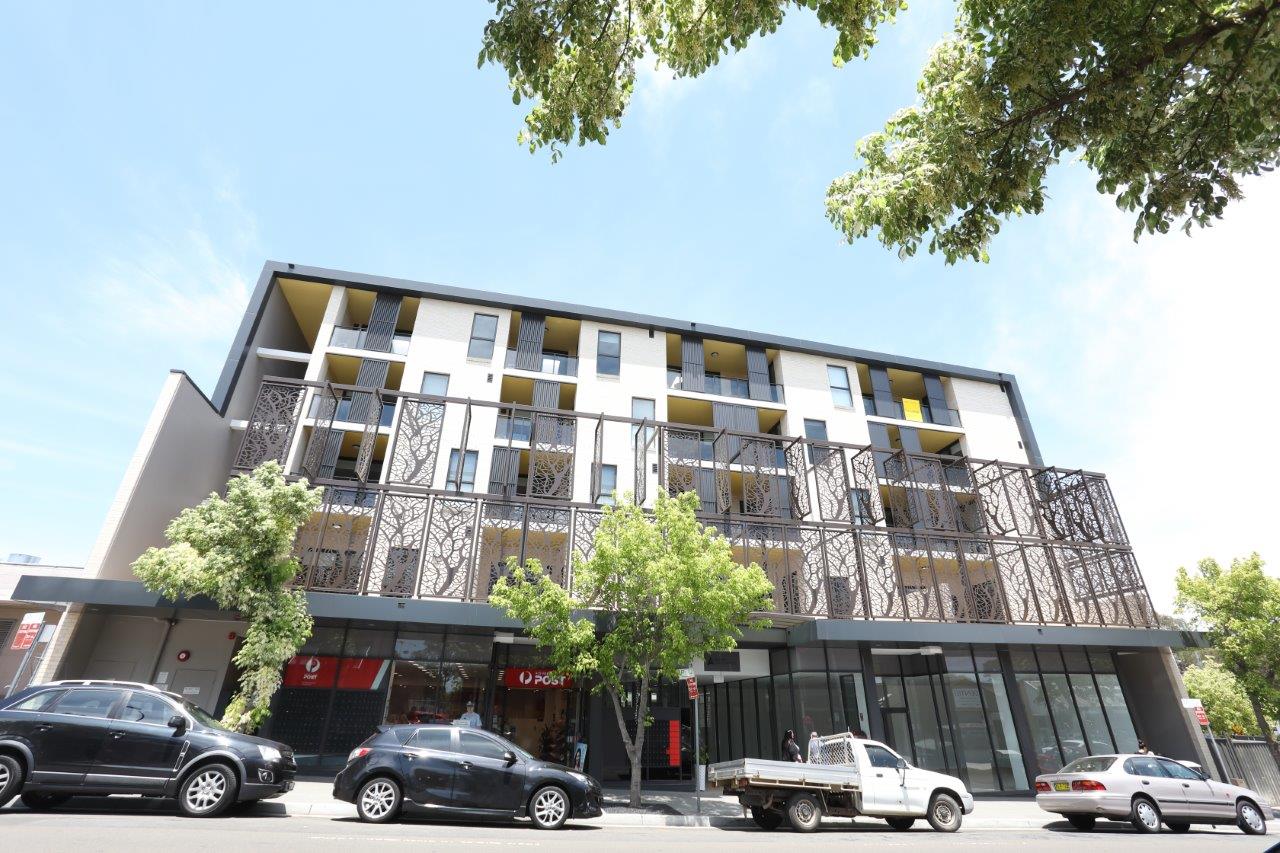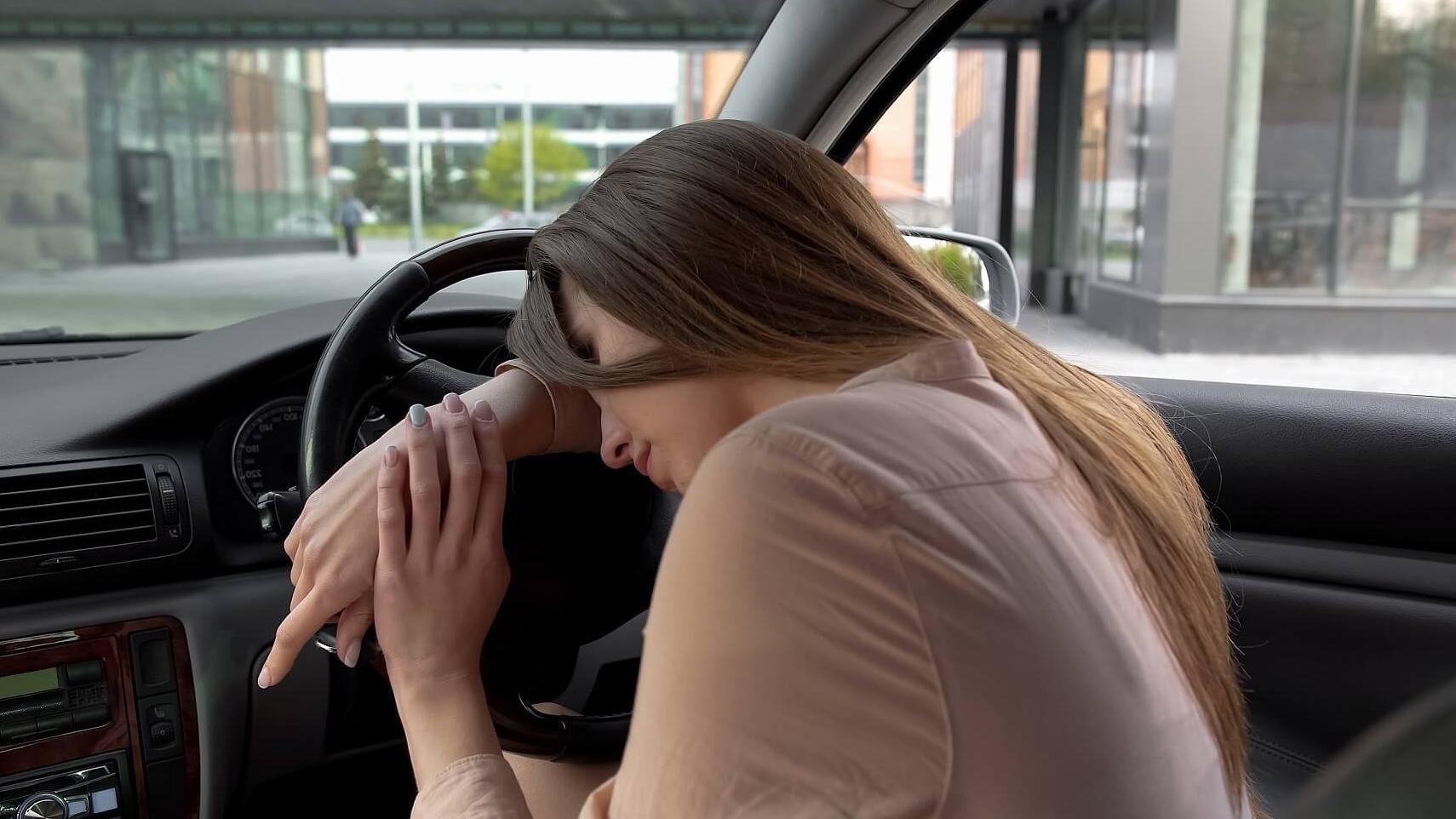
Driving while tired is a major factor in road deaths every year. From 2021 to 2023, within NSW there were 5,034 (9.2%) fatigue related crashes. Within the Cumberland area, fatigue was a factor in 7.1% (118) of all crashes over the last 3-year period.
Driving while sleep-deprived, especially late at night, at dawn and in the late afternoon, can be deadly. When you drive when you are tired, you not only put yourself in danger, you put other road users in danger such as passengers and pedestrians as well as fellow motorists and cyclists.
High Risk Times for Fatigue Related Fatal Crashes
- Early morning - 4am to 8am
- Afternoon - 12 noon to 2pm
How fatigue affects your driving
Driving while tired or feeling drowsy can result in:
- Slower reaction times
- Lack of concentration
- Errors in calculating speed and distance
- Reduced poor judgement
- Weaving in and out of your lane
Warning signs of fatigue
Fatigue develops slowly and drivers often don’t realise they are too tired to drive safely. Don't try to fight fatigue. Know the warnings signs and take a break before you hurt yourself and others on the road. Signs include:
- Occasional yawning
- Drowsiness and nodding off
- Minor aches and pains
- Light headache and tired eyes
- Sore and heavy eyes or you start seeing things
- Light boredom or fidgeting
- Tenseness and nervousness
- Loss of concentration and missing traffic signs
- Feeling stiff, cramped or restlessness
- Struggling to hold your head up
- Drifting off the road or between lanes and/or miss traffic signs
- You don't remember driving the last few kilometres
Don't trust your tired self. Test how tired you might be before you get behind the wheel at testyourtiredself.com.au
How to avoid fatigue on short trips
Many people think fatigue is only a problem for long-distance drivers but it’s just as much a problem when you are driving short distances around the Cumberland area and you are:
- Working long shifts
- Suffering from sleep apnoea
- Have a physically demanding roles
- Driving when you would normally be sleeping (overnight trips)
Remember, the only cure for fatigue is sleep. Fatigue kills on short trips too. Asking a friend to give you a lift or taking a taxi home could save your life.
How to avoid fatigue on longer trips
A fatigue-related crash could occur within moments of a driver losing concentration at the wheel. Here are some tips to avoid drowsiness on longer trips:
- Be completely rested and alert when you start driving
- Share the driving when possible
- Take a break from driving at least every 2 hours. Don’t wait until you are feeling tired. Breaks from driving can prevent fatigue altogether
- Avoid driving long distances after a long or hard day at work
- Watch out for signs of fatigue – see above
- At the first sign of fatigue, pull over at the nearest safe place and rest until you feel completely revived
- Don’t plan to drive too far in one trip – stop overnight if you can
- Avoid drinking and driving - even one alcoholic drink can make you drowsy
- If you are on medication, check labels and directions or ask your doctor or the chemist about possible side effects that might affect your driving
Rest areas and driver reviver locations in Cumberland City
Whether you’re heading through the Cumberland City area on a longer trip or you’re a local who needs to have a rest before driving, the Roads and Maritime website provides information on both heavy and light vehicle rest area locations for major roads across NSW. It also provides locations and opening times for NSW Driver Reviver sites during holiday periods.
How We Can Help
Contact our Road Safety Officer via email rso@cumberland.nsw.gov.au to find out more about rest areas and Driver Reviver locations or to let us know about any problems with public toilets or facilities at rest areas, parks or other public locations.
